From bringing the hit duo of Shah Rukh and Kajol together to the big screen after a decade to unpacking subjects of Islamophobia, identity and humanity in a post 9/11 US, My Name Is Khan (2010) had all the makings of a cinematic milestone. As the film marks 15 years, we revisit the message and making of this theatrical drama. “When I look back at the film, I have an immense sense of pride and relief. Pride because we told this very necessary story from a point of view that had never been told before and will never be told again. In this day and age, with the way things are, where everything is so polarised, this kind of story just could not be told. So, I feel a sense of relief that it was told at the right time and in the right place for many reasons – in terms of production reasons and practical reasons,” says the film’s writer Shibani Bathija.
She adds, “This story and this character touched so many people’s lives, and they still hold it close. As a writer, I don’t think I could ask for anything more from my career or my life than to tell a story that has that kind of impact.”
My Name Is Khan is not tied to religion: Shibani Bathija
“People assume – just because the film’s title is My Name is Khan – that it has to do with Islamophobia, but it’s actually about humanity. If we are all one as human beings, then what should separate us is not the color of our skin, our religion, the language we speak, or the clothes we wear. It is the deeds that we do. That’s what we tried to say through My Name Is Khan. If I turn the table and set this story in another country, in another time, with another community being subjected to this, it would still work. It is not tied to religion.”
This film was always more than just cinema: Karan Johar
Talking about the film, director Karan Johar wrote in a post, “It’s been 15 years, and yet the emotions this film evokes remain as strong as ever. I still remember the journey of bringing this story to life – the love, the challenges, and the deep sense of purpose that drove us every step of the way. But the true impact of My Name Is Khan sank in much later, through the countless stories, messages, and connections it has fostered over the years. Even today, I see its dialogues being quoted, its music being cherished, and its message of love and resilience standing tall. This film was always more than just cinema – it was a statement, a sentiment, and above all, a reminder that humanity knows no boundaries. As we celebrate 15 years, I feel immense gratitude for everyone who embraced Rizwan’s journey.”
‘Karan wanted to take on this idea of being Muslim in a post-9/11 world’
My Name is Khan started with an idea from Karan Johar. The film’s writer Shibani Bathija recalls that Karan Johar wanted to take on this idea of being Muslim in a post-9/11 world.
She shares,”We initially had a different track, but once we started researching and listening to people’s stories, this thought emerged – of a man trying to go to the US President and saying, ‘My name is Khan, and I’m not a terrorist. Then I started working backward. What kind of a person is going to do this?
That’s where Asperger’s came in. Being on the spectrum, one of the traits is that they tend to take things literally. So, when Mandira (Kajol) tells Rizwan (Shah Rukh Khan) in a sarcastic manner, Nobody’s going to believe you. Why don’t you go and tell the President? He might take it literally. So, it worked backward from there, and the entire canvas – who he was, where he came from, how he went to the US, how he met Mandira – all of it developed from that point.”
‘The line My name is Khan, and I am not a terrorist came from recorded interviews of Muslims who lived in the US at that time’
During research, while listening to the interviews, in one of the tapes, a Muslim man living in the US at the time casually said, ‘My name is Khan, and I’m not a terrorist’. Shibani recalls,”While it came out casually, the line stayed with me and Karan. I thought – there’s something in this line, something in the simplicity of what it’s saying.
Just because my name is something, just because I follow a certain religion, doesn’t mean I am an anti-national, a terrorist, a criminal, or anything of that sort, right? A name is just a name. It has nothing to do with your actions.”
She explains that Rizwan’s understanding of humanity and religion is summed up in two lines when his mother tells him, Iss duniya mein sirf do kism ke insaan hain – achhe insaan jo achha kaam karte hain aur bure jo bura. Bas yehi farq hai insaano mein, aur koi nahi.
She says,”Rizwan sees things with such simplicity, and that’s really the core of it. It doesn’t matter what someone’s religion is, which country they come from, or the colour of their skin. What matters is the deeds they do. Your actions determine whether you are a good person or a bad person.”
‘A lot of what Rizwan became was based on traits of Asperger’s syndrome’
One of the things that Shibani Bathija and Karan Johar discussed early on was that we didn’t want to make him a filmy character.
She says,”There have been films that are derisive of people with any kind of neurodivergence or those who are differently abled. It’s too convenient to say, Oh! This person has this trait, and then push them into a cliched zone. We didn’t want that.
One of the characteristics of Asperger’s is that they take things literally – there is no filter. The whole concept of subtlety isn’t there. So, when Mandira says, “Why don’t you go and tell all these people? Why don’t you go and tell the president? He doesn’t take it as sarcasm because he doesn’t understand that nuance.
A lot of what Rizwan became was based on traits of Asperger’s syndrome.”
‘To me, Karan’s superpower is that he brings emotion, drama, and humour into the same moment without ever losing track of any’
A film that dealt with identity, autism, and Islamophobia – the film could have ventured into a much darker space – yet it still remained light-hearted and yet hard-hitting.
Shibani says the credit goes to Karan Johar, adding,”To me, Karan’s superpower is that he brings emotion, drama, and humour into the same moment without ever losing track of any.
That tonality of the film, which balances both, wasn’t just in the writing. Of course, I can write it, but the point is that he took what was written and elevated it to the next level. He has the ability to bring all those elements together and make them better. There are moments in the film that he has enhanced on set, taking them to next level.
And that balance of light and dark that the audience finds in the film – I would 100% credit him for his handling of such a subject.”
‘Shah Rukh as Rizwan holds the film together’
Shibani says,”From supporting actors to technical teams to sound design every aspect has contributed to make the film, but Shah Rukh as Rizwan holds that entire thing together.
I can put something on paper, Karan can bring his super strength to it, but that sort of empathy that Shah Rukh can bring to a character – a character that cannot emote is his super strength. Rizwan is a character who cannot express his emotion, Shah Rukh is such a deeply empathetic person and actor that he is able to create emotion and empathy for someone who can’t emote.”
‘At one point, there was a question – how would the audience react to an Indian throwing out her husband with condition’
Shibani says,”There were a lot of risks in this film. As a writer, I can write, but it ultimately depends on the producer and director. Karan was incredibly courageous to make this film at that time. Of course, Shah Rukh’s support goes a long way, but eventually, the risk falls more on the producer and director than anyone else.
There were several risks with the film. At one point, there was a question – how would the audience react to an Indian throwing out her husband, especially when he has a condition like this?”
She says,”We discussed it, and I thought, you know what? It all comes down to motivation – how deeply driven she is by her grief, by her sheer desperation to take action. She is in so much pain, and that’s what leads her to do this.”
Before debuting as an actor in Karan Johar’s Student Of The Year (2012) Sidharth Malhotra worked as an assistant director on My Name Is Khan. Varun Dhawan, who also worked on the film before his acting debut, wrote in a post, “So many memories. So much passion and hard work. I was so lucky to be an AD on this one before I began my journey. Thank you, Karan Johar”

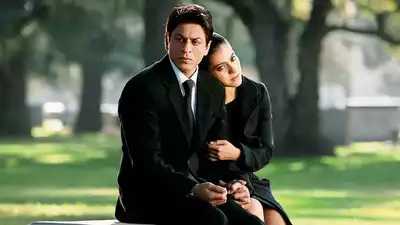
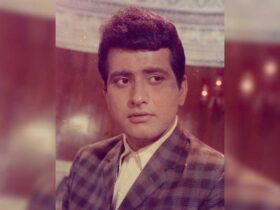



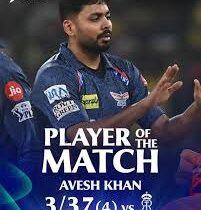
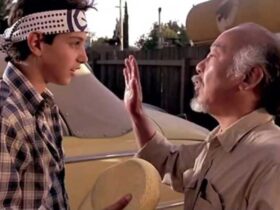
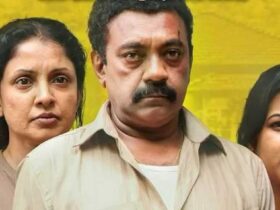

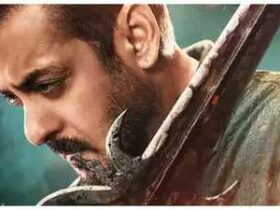
Leave a Reply